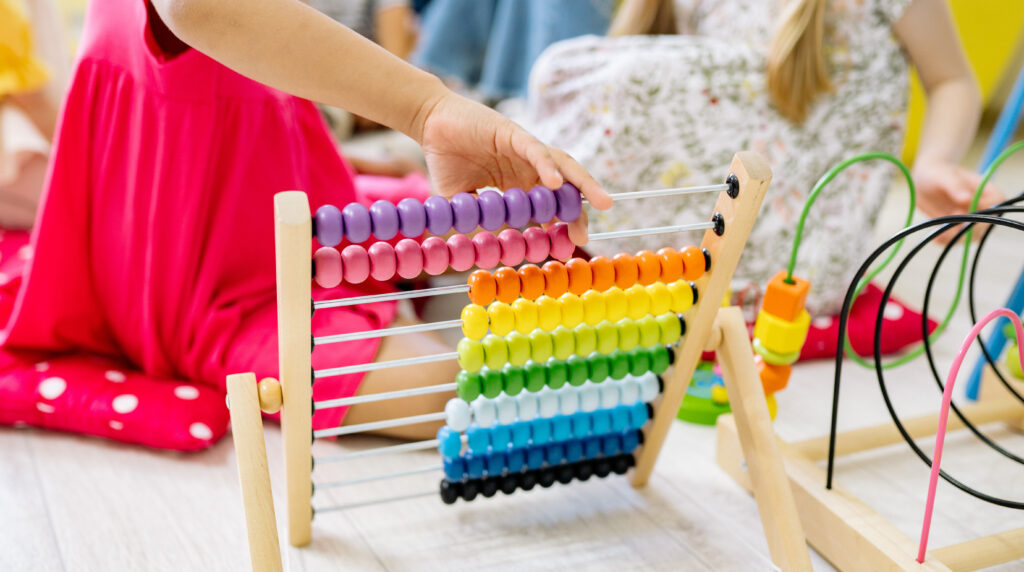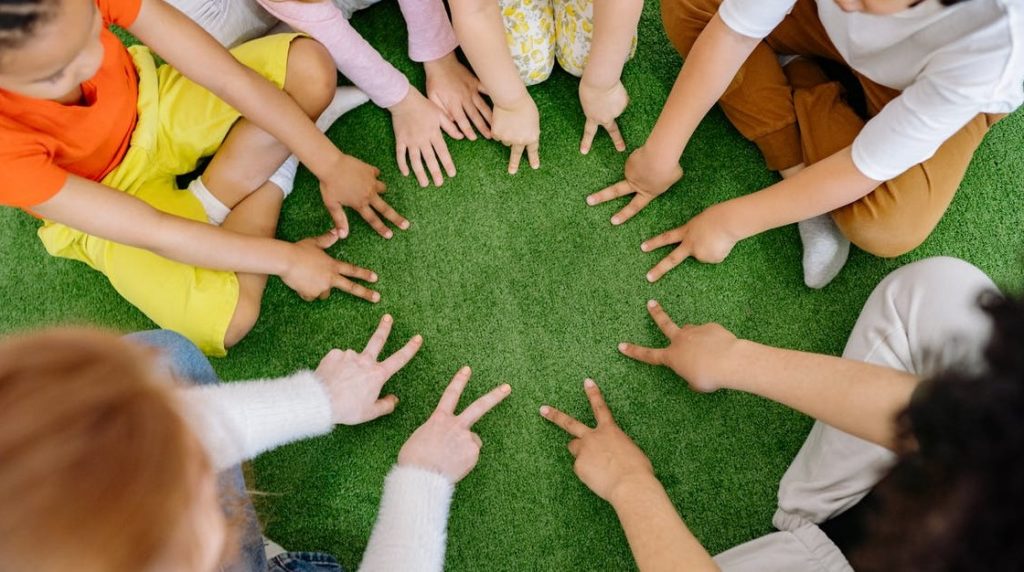At the beginning of 2023, it was estimated that the number of gifted students in Spain exceeded 50,000 (source), although specialists believe that more than 90% of cases go undiagnosed. While there is growing awareness of their presence in the classroom, identifying and correctly supporting gifted students remains a challenge in many educational institutions.
In this post, we will analyze some of the most common mistakes when working with them and provide advice on how to avoid them.
If you find this topic interesting, we also encourage you to read about innovative educational methodologies such as Thinking-Based Learning (TBL) or discovery learning.
What Are Gifted Abilities and How Are They Identified?
Gifted students are not simply “children who get good grades” or “children who get bored in class because they know everything.” Generally speaking, gifted students are characterized by a high level of intellectual performance and specific skills in one or more areas. However, identifying these abilities is not always easy, and in many cases, they may go unnoticed or be mistaken for unmotivated students.
Moreover, it is often assumed that because they have a high intellectual performance, these students do not require individualized educational attention. However, they do need personalized support to prevent behavioral issues, lack of motivation, or difficulties adapting to the school environment.
Currently, the identification of gifted students in Spain typically depends on psychopedagogical evaluations and teacher observations. Some of the intelligence assessments conducted include the Wechsler Scales, Kaufman Scales, and IGF, among others.
Artificial intelligence and tools like Additio App can be key allies in this process, helping to identify early indicators that suggest the need for a more in-depth evaluation.
Below, we will outline some common mistakes made when identifying and working with gifted students and provide advice on how to avoid them.
Mistake 1: Assuming They Don’t Need Help Because “They Already Know Everything”
One of the most common mistakes is assuming that gifted students can progress on their own without specific support or individualized attention. In reality, without appropriate support, these students may become demotivated and even show poor academic performance.
How Can We Avoid This Mistake?
The solution lies in designing an individualized learning path once a gifted student is identified, addressing their specific educational needs and providing continuous guidance throughout their learning process.
We understand that the lack of time and resources often makes it difficult to design personalized learning plans. For this reason, AI-powered tools can help create a tailored learning plan for gifted students within minutes, which teachers can then refine and adapt as needed.
If you use Additio App, there are several ways to document these adaptations and the individualized support provided to gifted students:
- In lesson planning: You can note all the diversity attention measures in the dedicated section within each task. This will help you keep track and apply them as needed.
- In the class group: You can use the annotation feature to document the specific measures you will take for students who need individualized attention.
- In the student’s profile: Use the “Observations” field to record any relevant information regarding personalized support.

Mistake 2: Not Providing Them with Cognitive Challenges
If a gifted student perceives that classroom content offers nothing new, they may become bored and disengage from learning. Therefore, it is essential to design activities that truly challenge them cognitively.
How Can We Avoid This Mistake?
Many educational methodologies help increase motivation among gifted students by encouraging them to investigate, develop innovative solutions, and apply knowledge to real-world problems. Introducing active methodologies such as Problem-Based Learning (PBL) or Challenge-Based Learning (CBL) can be highly beneficial for the academic development of gifted students.
With Additio App’s radar charts, you can easily detect areas for improvement that can be addressed through the introduction of these educational methodologies.
Mistake 3: Neglecting Their Emotional Well-Being
Tener altas capacidades no sólo afecta al rendimiento académico de los estudiantes, sino también a su bienestar emocional. Muchos estudiantes experimentan frustración, ansiedad, desmotivación o problemas de socialización. Por ello, al ofrecer un apoyo individualizado, también se debe tener en cuenta la salud emocional del estudiante en cuestión.
¿Cómo evitamos este error?
Being gifted not only affects students’ academic performance but also their emotional well-being. Many experience frustration, anxiety, lack of motivation, or socialization issues. Therefore, when providing individualized support, it is also important to consider their emotional health.
How Can We Avoid This Mistake?
A crucial step in ensuring the emotional well-being of gifted students is offering them access to the school psychologist. This professional plays a key role in supporting students throughout their academic journey, helping them manage emotions, adapt to the school environment, and develop strategies for handling frustration or anxiety.
Additionally, for minors, maintaining close communication with their families is essential. Personalized meetings with parents can provide insight into the student’s development at home. A reliable communication tool will greatly help strengthen relationships with families and better support the student. Furthermore, a good tutoring reservation system allows parents to schedule appointments with just a few clicks, ensuring effective coordination.
Mistake 4: Evaluating Them Conventionally
Gifted students often feel demotivated by traditional assessments based on memorization and repetition of information. This approach may not accurately reflect their potential and can limit their creativity.
How Can We Avoid This Mistake?
Applying more open and diversified assessment methods can help motivate these students, incorporating projects, challenges, interactive activities, self-assessments, peer assessments, and more.
It is also important to use personalized assessment rubrics that evaluate advanced skills such as critical thinking, reasoning, creativity, and innovative problem-solving.
In general, continuous feedback should be provided to students, allowing them to track their performance and academic progress in real time and apply necessary corrective measures.
Better Support for Better Academic Development
As we have seen, supporting gifted students positively influences their academic development. With the help of artificial intelligence tools and academic management solutions like Additio App, we have everything we need to avoid the most common mistakes when working with these students.
Have you ever had gifted students in your classroom? How did you support them? Tell us on social media: Facebook, Twitter, Instagram and Youtube.
Remember, with Additio App, you can perform competency-based assessments that place students at the center of learning, keeping them informed about their progress and helping them identify areas for improvement and strengths.
Over 150 features support you in enhancing your teaching and your students’ learning experience. Register and take your teaching to the next level!
See you soon!





